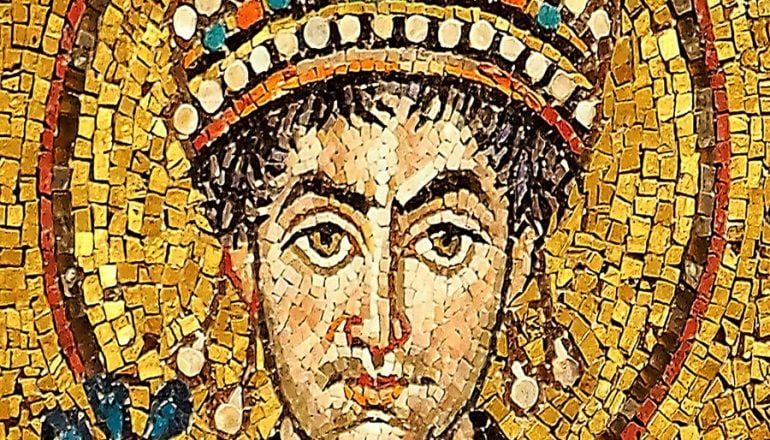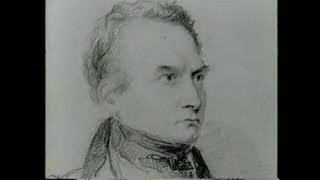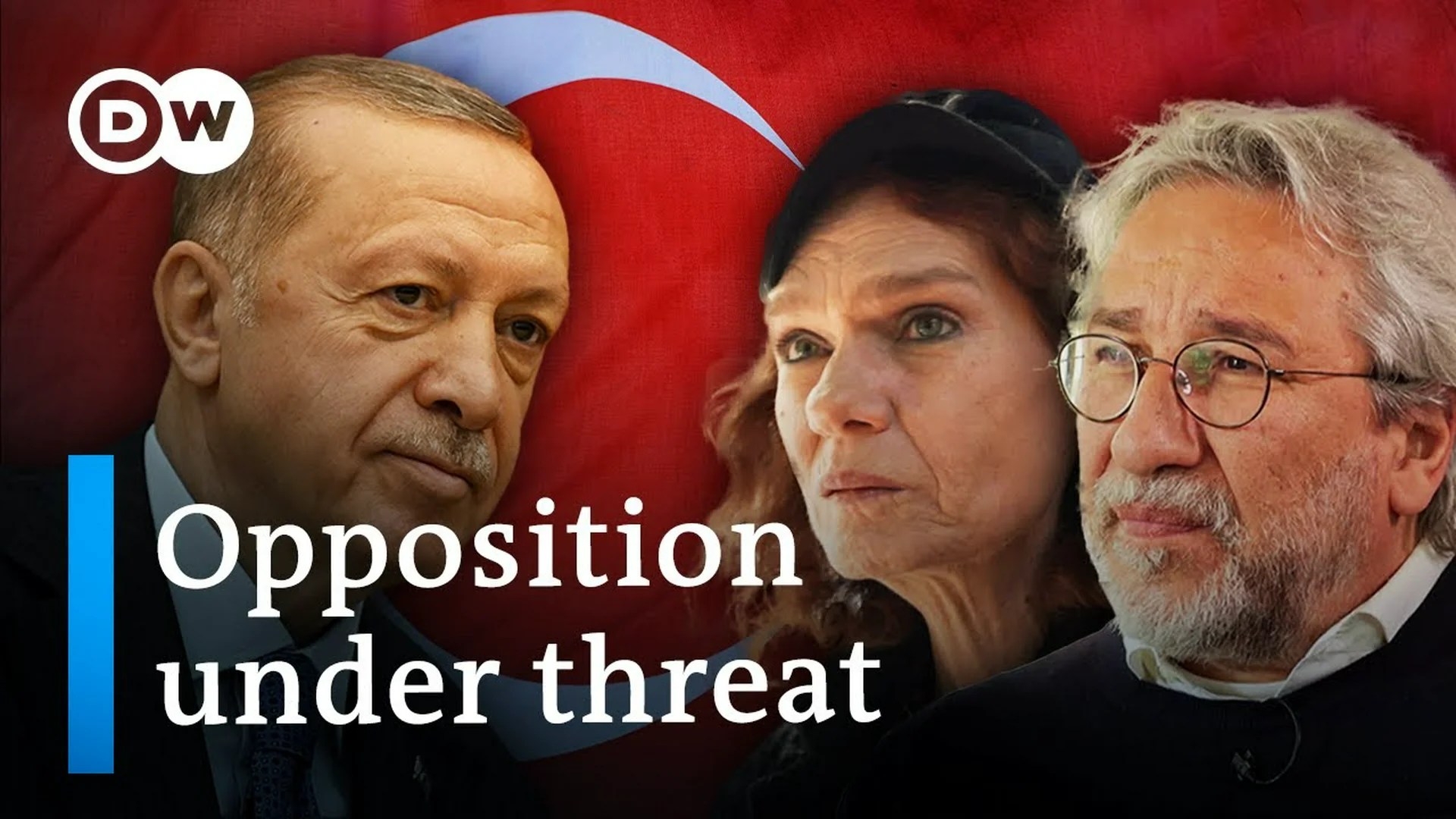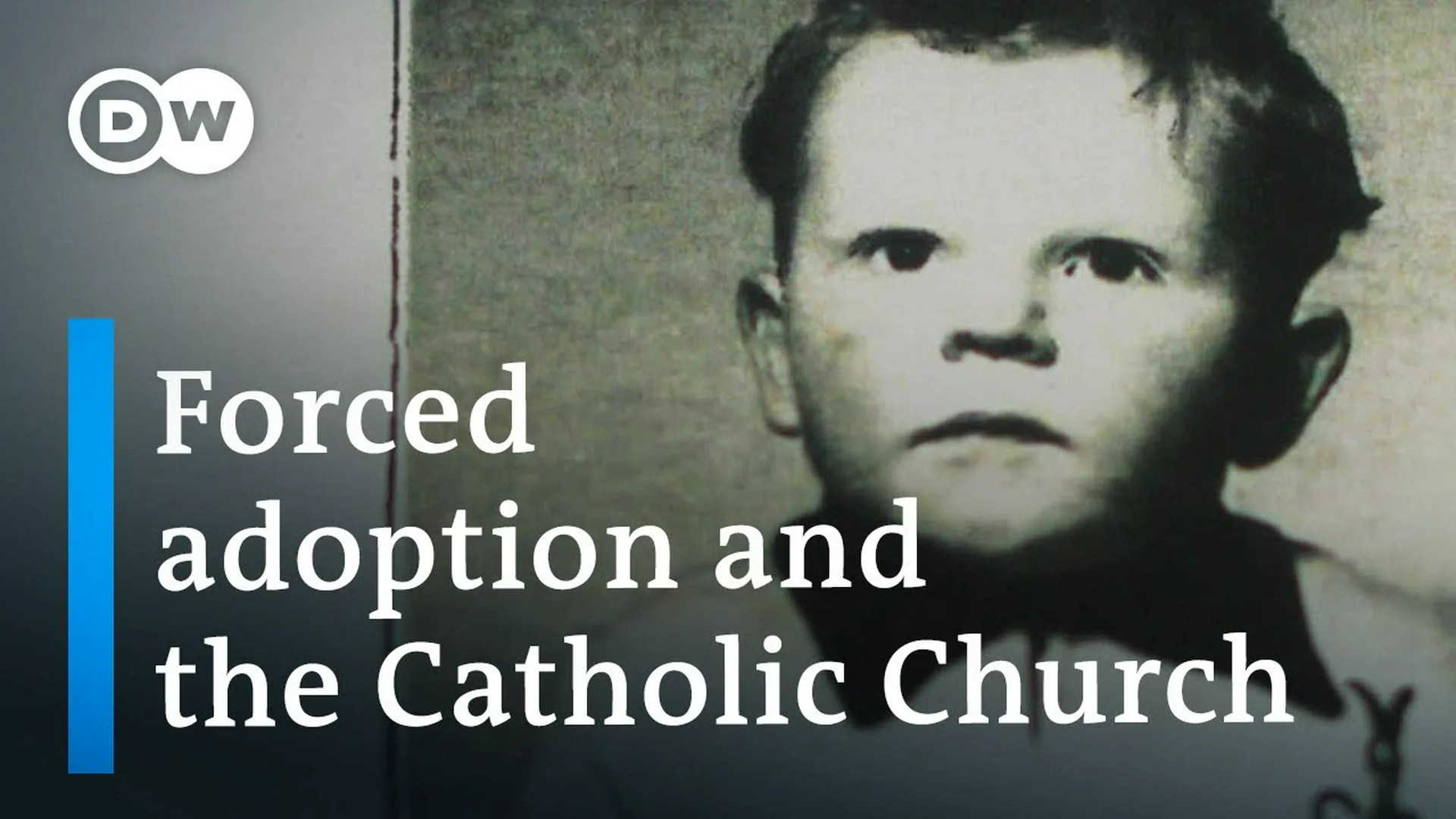One of the most important people living in the sixth century was Justinian I, the Byzantine emperor from 527 to 565. Nowadays, he is famed as the man who came up with the first codified version of Roman law. And as we know, most of the laws nowadays steam from Roman law.
Justinian I tasked himself with collecting and codifying existing laws and legal works from the Roman world, and ordered the creation of the Corpus Juris Civis, a three-part compilation.
By the time his work was complete, it listed actual laws and legislation. The work serves as legal textbook. Over time, his work was edited, but served as the model and foundation for numerous legal systems worldwide.
Rise to Power
If you think one of the most important Roman emperors was born into nobility, think again. He was a Latin-speaking Illyrian who was born of peasant stock. He took the name Justinianus from his uncle, the emperor Justin I, to whom he owed his advancement.
![]()
When he was a young man, Justinian went to Constantinople. There, his uncle held high military command.
When Justin became emperor in 518, Justinian served as influential man who guided the policy of his elderly and childless uncle. He was the favorite nephew of Justin I, and was legally adopted by Justin and held important offices.
In 525, Justinian received the title of Caesar, and was made co-emperor with the rank of Augustus on April 4, 527. At the same time, his wife Theodora, was crowned Augusta.
When Justin I passed away on August 1, 527, Justinian succeeded him as sole emperor.
Codification of Roman Law
From the moment he was declared as sole emperor, Justinian began working on his most important work, codification of Roman Law.
He began working on the Codex in 528. For most of his visionary and ambitious projects, he asked for help. That was the case again.
He assembled jurists to compile the old law, known as the jus vetus, and the new law, the jus novum.
His eventual Digest was comprised of 50 books. It was a summary that could serve as a legal text as well.
Roman Law contained the lements of due process and asserted that even emperors derive their power from the people.
![]()
It was those important principles that revolutionized Europe and European legal studies in the 11th and 12th century. Thanks to the period of the crusades and the new relationships with the East, basic legal concepts were reintroduced to Western Europe.
Construction of Hagia Sophia
Roman law was not the only masterpiece Justinian created. He also was responsible for the construction of Hagia Sophia, or The House of Wisdom.
It became one of the largest cathedrals in Christendom, and served as testament to his support of the Orthodox Church.
Hagia Sophia was massive and imposing. It was constructed over the remains of previous Christian churches, the first of which dated back to the early days of Constantinople.
![]()
There was symbolism there as well. Justinian ordered the transport of the great columns of the Temple of Artemis at Ephesus to Constantinople, where they were featured prominently in his Great Church.
Expanding the Empire
Justinian never personally led armies into battle. But his attempts to recover lost Roman lands in the west were successfully carried out by some of his best generals.
He defeated the Vandals in North Africa, and reclaimed Sicily and advanced on Italy. Justinian managed to capture Rome and defeated the barbarian Ostrogoths.
But in 541, his empire was threatened by Persian invasion, so he had to assign his best general, Belisarius, to protect the eastern frontiers. Italy was ravaged by war because Justinian and his Byzantine armies continued to fight the Ostrogoths for over a decade.
Many historians believe that period marked the end of ancient Rome as one of the great metropolises of the Mediterranean world.
His empire also established a presence in VIsigothic Hispania. Byzantines also took Cartagena and formed the new province of Spania on the southern coast.
![]()
His ambition to restore the Roman Empire to its former glory was partly realized. He had early military success in the West, but that was followed by years of stagnation. His dragging war with the Goths was a disaster for Italy, and the long-lasting effects were severe.
Yet, his final victory in Italy, combined with the conquest of Africa and the coast of southern Hispania, enlarged the area of Byzantine influence significantly. It also eliminated naval threats to the empire.
Following his death, the Empire retained several important cities, including Rome, Naples, and Ravenna.
Religious views
Justinian actively sought to make Orthodox Christianity the sole religion of the empire. He wanted to eliminate Greco and Roman paganism, dualistic religions, and non-orthodox sects of Christianity.
![]()
But it was impossible to eliminate competing religions. He changed the culture of the Byzantine Empire through the patronage of architectural projects, the most noteworthy being the Hagia Sophia, or Church of Holy Wisdom.
Legacy
During his reign, Justinian was considered a man of large views and great ambitions. He had tireless energy, and an unusual grasp of detail.
His legacy is trying to restore the Byzantine Empire to the territorial extent of the Old Roman Empire. But also the codification of Roman Law.
His three most important achievements remain the codification of law, construction of Hagia Sophia, and the conquest of North Africa and Italy.





















